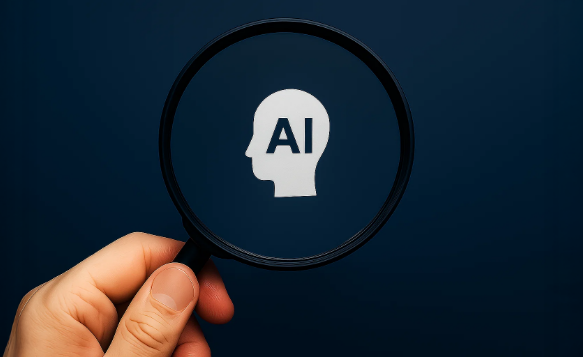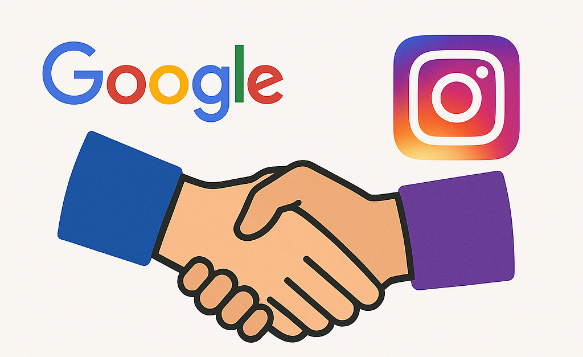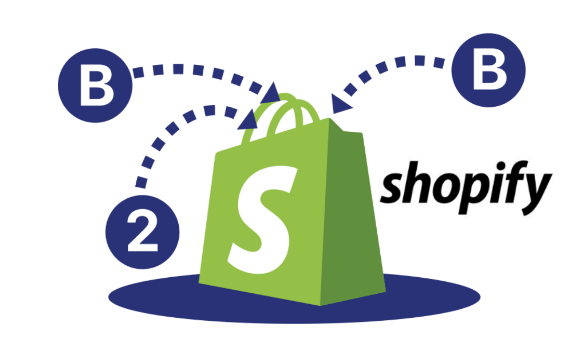
The advent of AI-generated search results is putting pressure on the landscape of search engine optimization (SEO). New features such as Google's AI Overviews and applications within platforms such as ChatGPT and Perplexity are leading to shifts in user behavior as well as online visibility. Still, organic traffic through traditional search results remains the largest source of website visits for now.
That's according to recent data analyses by Semrush and others, which show that AI Overviews occur primarily in informational searches. Nearly 90 percent of the search terms where AI results appear involve top-of-funnel content: definitions, comparisons and frequently asked questions. As a result, companies whose content strategy focuses on such keywords are at risk of declining visibility.
SEO is alive and well, but the playing field is changing
Although AI currently dominates the conversation, the bottom line is that traditional SEO is still vital. Google generates three times more traffic than AI chatbots, according to recent estimates. This is not expected to change in the short term.
That doesn't mean companies can sit still. Visibility in AI results appears to be closely tied to existing organic rankings. Content that already ranks in Google's top ten is relatively often replicated in AI listings.
"SEO and AI are not opposites. They reinforce each other, provided the strategy is adjusted accordingly," TMC Media's analysis says. "Those who invest in content authority today increase their chances of remaining visible in both traditional and AI search results tomorrow."
Tools for AI visibility
For companies that want to know how they are performing in AI search engines, tools such as Semrush offer insight. The platform's AI Toolkit shows the extent to which a brand is mentioned in AI responses, and whether those mentions are positive. It also charts the extent to which keywords trigger AI Overviews.
For B2B marketers, this means that the measuring stick has shifted. Where positions on page 1 of Google used to be the norm, it is now a matter of analyzing whether content is displayed at all in the AI engine's interface.
Trust as a competitive advantage
The strategic use of SEO is thus shifting from pure ranking to positioning based on trust. In Google's assessment model E-E-A-T (Experience, Expertise, Authoritativeness, Trustworthiness) lies the foundation for visibility in the AI era.
B2B companies in particular can benefit. Thought leadership, white papers and content expertise are typical tools they can use to build their brand authority. At the same time, this requires structural investment in content development, brand consistency and analytical insight into search behavior.
A double commitment is required
The rise of AI search results is forcing companies to rethink their digital strategy. SEO remains indispensable, but only when augmented with AI-aware content optimization. Companies that commit to quality, authority and measurable visibility will maintain or even strengthen their position.
The key question is not whether SEO is still relevant, but how it evolves in an AI-driven context. The answers, as before, lie in data, strategy and trust.
Relevant blogs

Interested in digital growth for your industry?
Strengthen your online presence and expand your market reach with TMC Media. We combine strategic thinking with innovative creativity for measurable results. From conversion-oriented websites to targeted online marketing campaigns - we are your digital growth partner.
Contact us for a no-obligation consultation


















































































!.png)

















